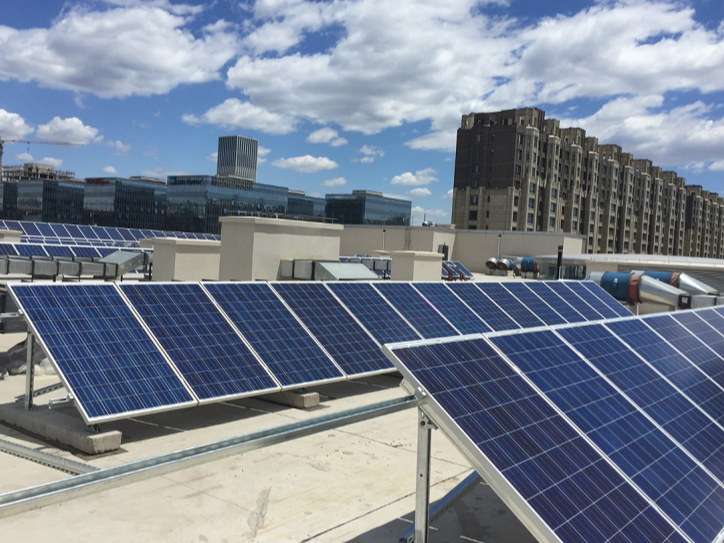- The 400 MW photovoltaic project in Tete Province, Mozambique is about to be tendered

The African renewable energy market has made significant progress. On July 20, 2025, the President of the Republic of Mozambique, Daniel Jopo, announced that the 400 MW solar power plant located in the Tete Province of the country has completed feasibility studies and environmental impact assessments, and is about to enter the bidding stage. The project is planned to be built within the framework of the Kaholabasa hydropower station, and upon completion, it will significantly enhance the regional power supply capacity.
As an important measure for Mozambique to achieve its commitment of 62% renewable energy by 2030, this project will adopt an innovative water solar complementary model. The Kaholabasa hydropower station currently supplies power to Mozambique, the Republic of South Africa, and the Republic of Zimbabwe, and is an important energy hub in southern Africa. The newly added photovoltaic power generation will form a synergistic effect with existing hydropower, mainly relying on solar power generation during the day and supported by hydropower at night. This model will effectively enhance the stability of the regional power grid.
Chinese photovoltaic companies have significant advantages in the African market. Taking the 27 MW photovoltaic project constructed by China Electric Power Construction Group Co., Ltd. in the Republic of Zambia as an example, it not only solved the electricity problem in remote areas, but also trained hundreds of technical workers through localized construction. In the the Arab Republic of Egypt, Benban Photovoltaic Industrial Park, which was built by Chinese enterprises, has become the largest photovoltaic power station in Africa, and has driven the development of local module packaging, operation and maintenance services and other supporting industries.
Chinese photovoltaic companies have developed multiple adaptive technologies for the special environment in Africa, including photovoltaic panel attenuation optimization technology that is resistant to high temperature sand and dust, as well as energy storage solutions that are suitable for small power grids. These technological innovations provide strong support for Chinese enterprises to participate in Mozambique projects.

According to data from the International Energy Agency, only 25% of the population on the African continent currently has access to stable electricity supply, but the region's solar energy resources are among the richest in the world. Chinese photovoltaic companies are helping African countries establish local photovoltaic operation and maintenance capabilities through technology transfer and talent cultivation. For example, the first batch of photovoltaic engineers trained in the Republic of Kenya are now able to independently manage the daily operation of power plants.
The bidding for the 400 MW photovoltaic project in Mozambique has multiple implications for Chinese enterprises. From a technical perspective, the development model of water light complementarity is highly compatible with China's technological accumulation in the field of multi energy complementarity; From the perspective of regional layout, this project serves multiple countries in southern Africa and can form a synergistic effect with the existing market layout of Chinese enterprises in the Republic of South Africa and the Republic of Zimbabwe.
Experts point out that as Africa accelerates its energy transition, Chinese photovoltaic companies are transforming from simple equipment suppliers to comprehensive solution providers. The Mozambique project is not only an opportunity for power plant construction, but also has the potential to open up deeper cooperation between China and Mozambique in the development of renewable energy standards, technology research and development, and other areas.
The project is expected to attract multiple well-known energy companies from around the world to participate in bidding. Analysts believe that Chinese companies have strong competitiveness in bidding due to their advantages in cost-effectiveness, technological adaptability, and localized services. After the successful implementation of the project, it will not only improve the power supply situation in Mozambique and surrounding countries, but also provide new demonstration cases for the development of renewable energy in Africa. (This article is from the official website of Jian Dao www.seetao.com. Reproduction without permission is prohibited, otherwise it will be prosecuted. Please indicate Jian Dao website+original link when reprinting.) Jian Dao website new energy column editor/Yang Beihua
Comment
 Praise
Praise
 Collect
Collect
 Comment
Comment
 Search
Search














Write something~